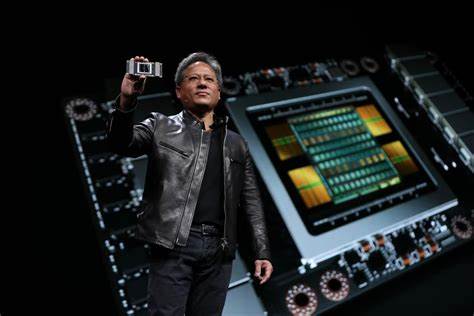Nvidia CEO Vows to Prioritize Japan's AI Processor Supply Amidst Soaring Demand
This move emphasizes Japan's aim to bolster its chip infrastructure and compete in cutting-edge technology.

Jensen Huang, CEO of Nvidia, assured on Monday of the company's commitment to meeting Japan's surging demand for artificial intelligence processors. This assurance was made during his visit to Tokyo, where he addressed reporters at Prime Minister Fumio Kishida's official residence.
Japan, striving to revamp its semiconductor industry and catch up in AI technology development, has allocated significant funds, including about 2 trillion yen ($13.60 billion), for chip investments. This move emphasizes Japan's aim to bolster its chip infrastructure and compete in cutting-edge technology.
Why Japan?
- Regaining semiconductor dominance: Having lost its chipmaking edge in recent decades, Japan is determined to rebuild its infrastructure and compete with the likes of Taiwan and Korea.
- AI ambitions: Recognizing the crucial role of AI in future industries, Japan wants to develop its own AI capabilities and avoid dependence on foreign technology.
- Building a domestic chip ecosystem: By supporting TSMC and Rapidus, Japan aims to create a self-sufficient ecosystem for chip design, production, and innovation.
Acknowledging the nation's aspirations, Huang pledged Nvidia's utmost effort to prioritize Japan's requirements for GPUs, emphasizing the country's focus on domestic AI production and owning its data.
"The semiconductor industry that Japan is now starting to grow, and foster will be able to produce GPUs," Huang remarked during his visit.
Highlighting the trend, Huang also noted that countries like Japan increasingly recognize the necessity of controlling their data, establishing AI factories, and developing indigenous AI intelligence to maintain technological sovereignty. This aligns with Japan's ambition to enhance its semiconductor capabilities and advance AI technologies with greater independence.




